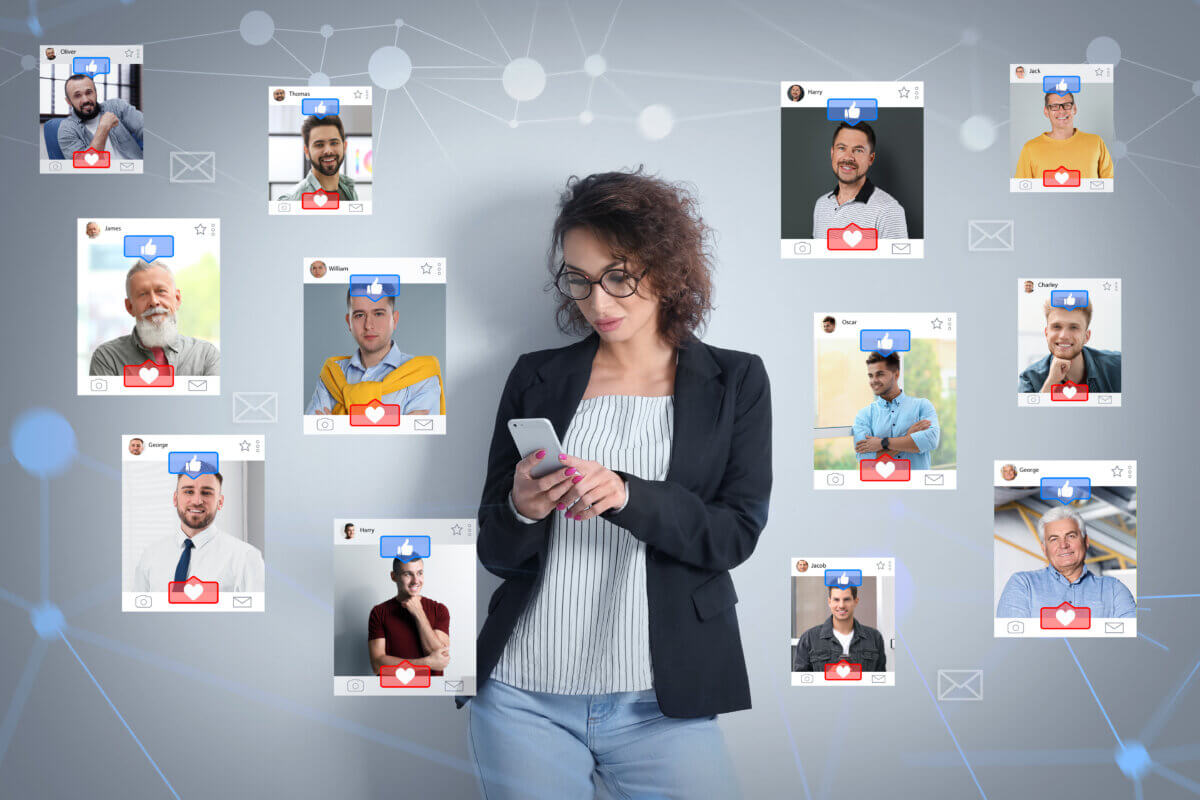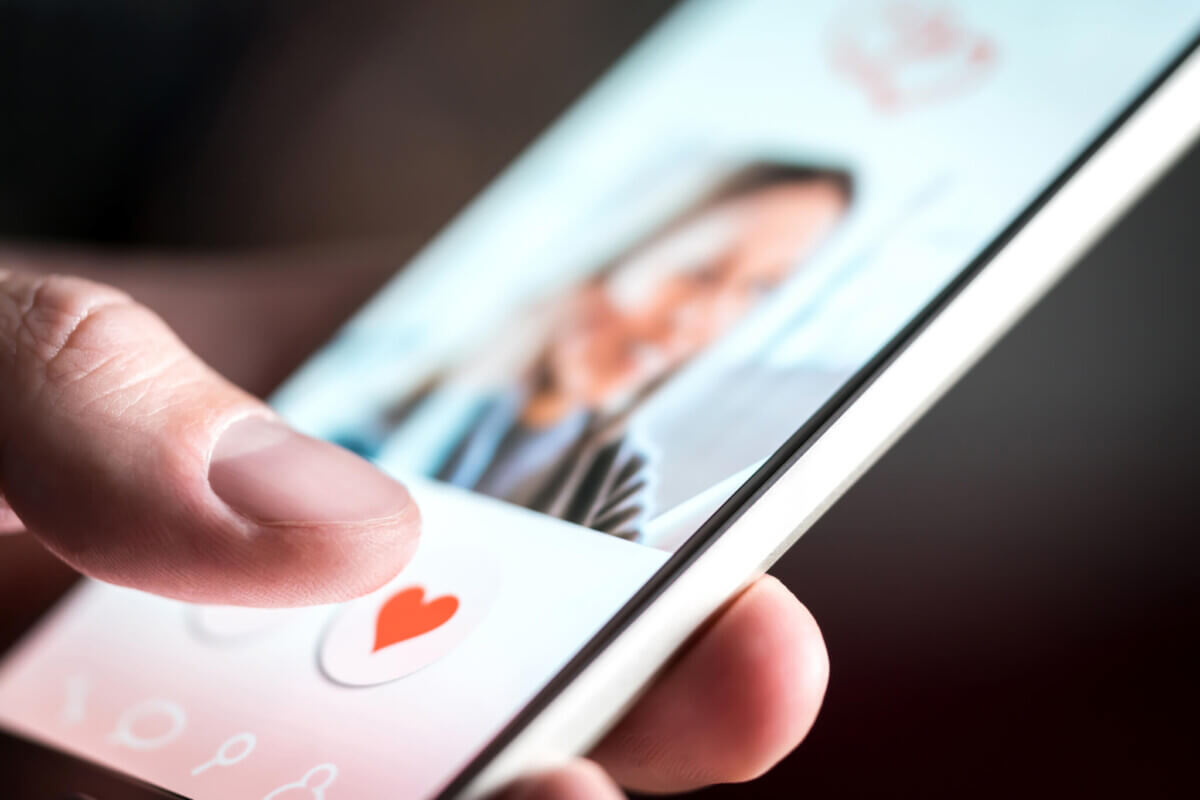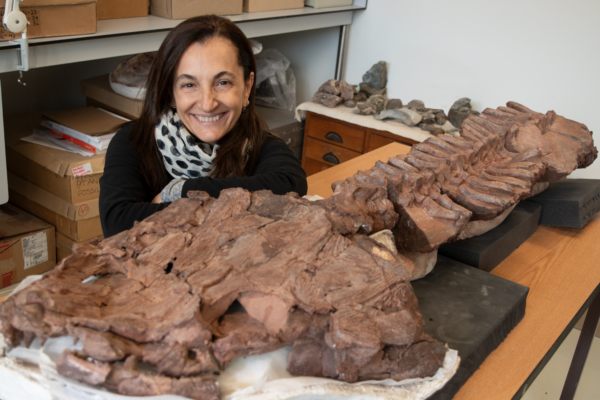
(Credit: New Africa/Shutterstock)
PRAGUE, Czech Republic — In the era of online dating, singles have more choices when it comes to romance than ever before. However, a new study explains why this may not be as helpful as it sounds. Researchers argue that online dating apps and social media actually make finding love that much more confusing.
As if people needed more obstacles to finding “the one,” researchers in India discovered that most young adults feel they don’t have a clear picture of their dating options. Over half of the participants in their study admit they actually feel “confused” when it comes to choosing a life partner. Women were more likely to say they experience confusion when they’re choosing between potential romantic partners.
The study authors, who presented their research at the Society for Experimental Biology Annual Conference in Prague, say it’s not just the overwhelming number of choices singles have today, it’s also the deception daters encounter online that’s confusing their search for love. Specifically, researchers note that it’s so easy to alter photos today that the current dating scene is completely distorted online. Simply put, singles are confused because they don’t know who’s real and who’s fake.
“Human mate selection is a complicated psychological process, which is effectively influenced by multiple societal factors including appearance, personality and financial situation,” says Chayan Munshi, Founder and Executive Director of the Ethophilia Research Foundation in Santiniketan, India, in a media release. “More recently, this has become significantly influenced by social media where constant exposure to sexually stimulating or attractive content creates certain perceptions of reality in the young mindset, which ultimately creates confusion in terms of selecting potential mating partners.”

Methodology
The Ethophilia Research Foundation focuses on behavioral biology and public health and recently shifted its studies to the digitization of society. Specifically, how does digital technology regulate human behavior today? In this study, they analyzed a survey of 18 to 30-year-olds in India, which examined how they choose their romantic partners.
“This project started with extensive observation of human behavioral patterns regarding partner choice,” says Munshi. “This observational study was followed by direct interactions with a young population using an open questionnaire.”
That survey asked young people questions such as “Do you feel confused when selecting a life partner?”, “What are your criteria for selecting a life partner?”, “Do you still look for other partners if you are already in a stable relationship?”, and “Do you like to switch to a ‘better option’ when selecting a life partner?”
Key Results
Overall, more than half of the young adults polled reported experiencing confusion when it comes to choosing a life partner, with women experiencing more confusion than men. Moreover, the team found that the perception of who’s actually available to date appears to be throwing off how people judge their options — even if they’re already in a relationship!
“For instance, impulsiveness is significantly exhibited, and there is a decrease in in-person social interactions,” Munshi continues. “This is exposing confusion while people search for a mating partner and can manifest complexities in maintaining a relationship.”
Takeaways
The study authors say their findings strongly suggest that young adults are prioritizing the “pleasure index” or “adrenaline rush” of relationships rather than appreciating the long-term stability of finding a romantic partner.
“It is alarming that impulsiveness or confusion can lead to instability in the human relation-maintaining behavior, which is actually affecting the normal social behavior in humans,” Munshi says.
“The pattern now is notable enough to indicate that this might modify the social norms of partner choice behavior in young humans, which might have significant effect on the brain-behavior circuit,” the study author concludes. “In the long run, this may eventually alter the fundamental protocol of evolutionary mating strategies.”
So, while there may be plenty of fish in the sea of online dating, even young people are suffering from information overload in the realm of romance. At the same time, with social media and dating apps constantly showing people more attractive “alternatives,” researchers believe many people are taking their current relationships for granted. However, you may want to be careful; you may be falling for Photoshop.










